Faculty Directory
filter by
A
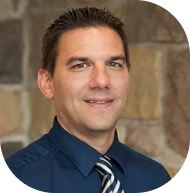
Adamo, Michael
Academic Rank:
Assistant Chair Person/Professor
Department:
Business
School: Business, Mathematics, Engineering & Technologies
Office: CH 204B
Phone: 973-328-5666
Email: madamo@ccm.edu
Education: M.S., Fairleigh Dickinson UniversityM.A., University of PhoenixB.S., Kean University
Hired: 2018
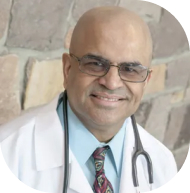
Agnihotri, Dr. Vivek Academic
Academic Rank:
Associate Professor
Department:
Nursing
School: Health Professions & Natural Sciences
Office: CH 320
Phone: 973-328-5320
Email: vagnihotri@ccm.edu
Education: D.N.P., William Paterson University M.S.N., William Paterson University A. A. S., County College of Morris
Hired: August 2003
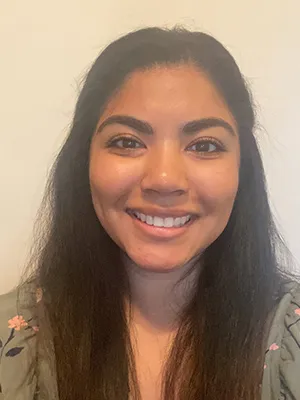
Agnihotri, Natasha
Academic Rank:
Instructor
Department:
Nursing
School: Health Professions & Natural Sciences
Office: CH 315, ext 5346
Phone: 973-328-5346
Email: nagnihotri@ccm.edu
Education: MSN, William Paterson University BSN, Ramapo College AAS, County College of Morris
Hired: 2021
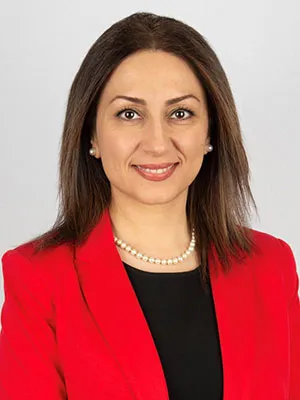
Alikhani, Dr. Maryam
Academic Rank:
Assistant Professor
Department:
Private: English & Philosophy
School: Liberal Arts
Office: CH 319
Phone: 973-328-5458
Email: malikhani@ccm.edu
Education: Ph.D., Columbia University M.Phil, Columbia University M.F.A., The City College of the City University of New York M.A., Graduate Center of Azad University B.A., Azad University
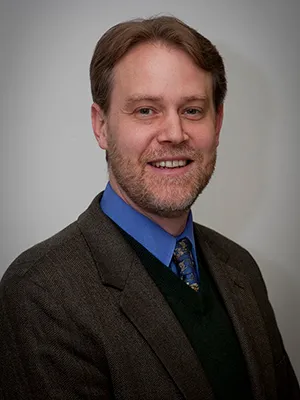
Allen, Clayton
Academic Rank:
Associate Professor
Department:
Design & Media Studies
School: Liberal Arts
Office: EH 113
Phone: 973-328-5444
Email: callen@ccm.edu
Education: MFA, B.A., City College of New York
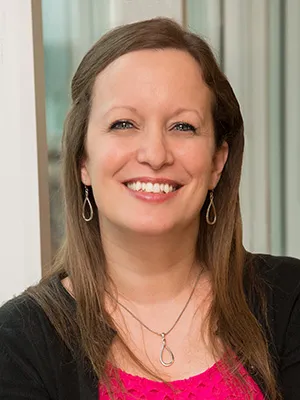
Altieri, Michelle
Academic Rank:
Associate Professor
Department:
Private: English & Philosophy
School: Liberal Arts
Office: DH 329
Phone: 973-328-2498
Email: maltieri@ccm.edu
Education: M.S., Illinois State University B.A., Marist College
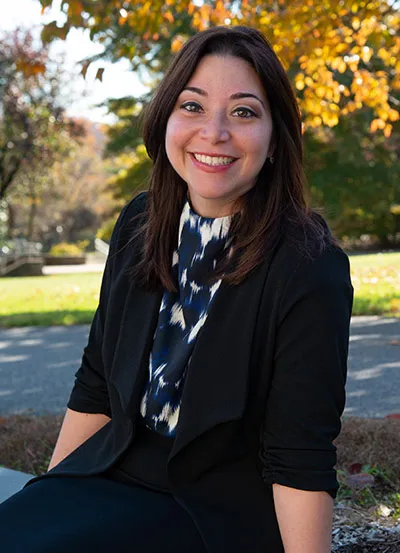
Amy Garcia, M.Ed.
Academic Rank:
Coordinator, Virtual Campus
Department:
Private: English & Philosophy
School: Liberal Arts
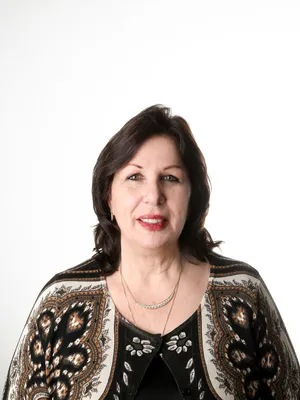
Andrew, Dr. Lesley Anne
Academic Rank:
Assistant Professor, Chairperson
Department:
Nursing
School: Health Professions & Natural Sciences
Office: CH 301
Phone: 973-328-5352
Email: landrew@ccm.edu
Education: D.N.P., Rutgers University M.S.N., Fairleigh Dickinson University B.S.N., Rutgers University B.S., Queen’s University
Hired: 2011
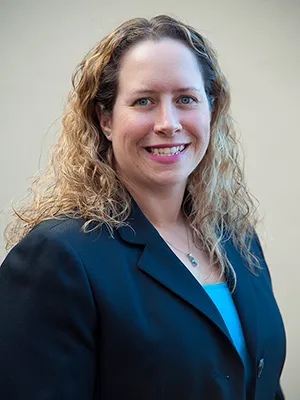
Aria, Diana
Academic Rank:
Assistant Professor
Department:
Psychology & Education
School: Liberal Arts
Office: DH 323
Phone: 973-328-5601
Email: daria@ccm.edu
Education: M. S., School Psychology and Educational Specialist Degree in School Psychology (Ed.S.),Philadelphia College of Osteopathic Medicine, Philadelphia, Pennsylvania. She is also pursuing a PsyD Doctorate at Philadelphia College of Osteopathic Medicine. B. A. Psychology, Elizabethtown College, Elizabethtown, Pennsylvania
Hired: 2013
Awawdeh, Raed
Academic Rank:
Assistant Professor
Department:
Engineering Technologies & Engineering Science
School: Business, Mathematics, Engineering & Technologies
Office: AME 119
Phone: 973-328-5761
Email: rawawdeh@ccm.edu
Education: M.S., B.S., New Jersey Institute of Technology
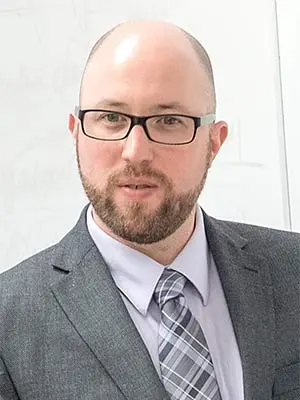
Ayres, Dr. Matthew
Academic Rank:
Associate Professor, Assistant Chair
Department:
Private: English & Philosophy
School: Liberal Arts
Office: CH 339
Phone: 973-328-5476
Email: mayres1@ccm.edu
Education: Ph.D., Indiana University of Pennsylvania M.A., National University of Ireland, Galway B.A., Bard College
Hired: 2007